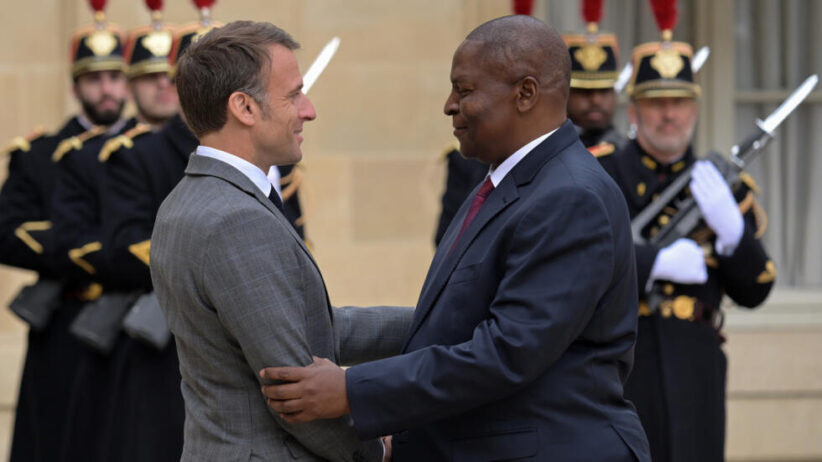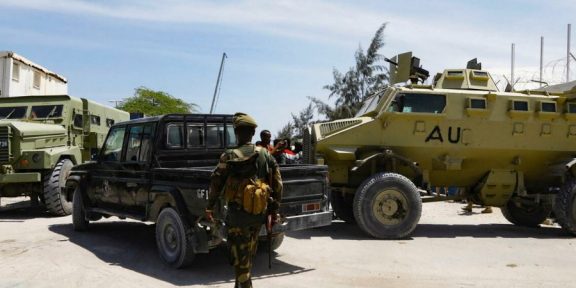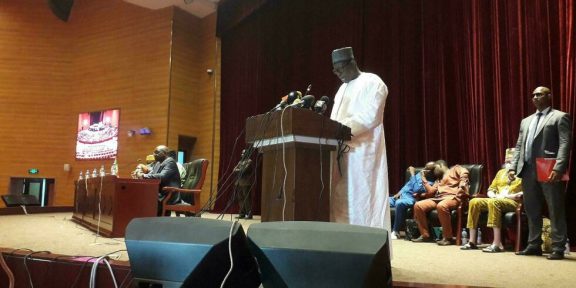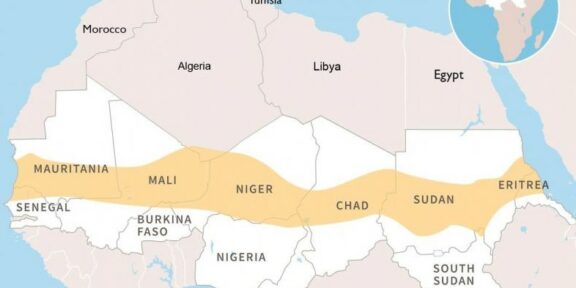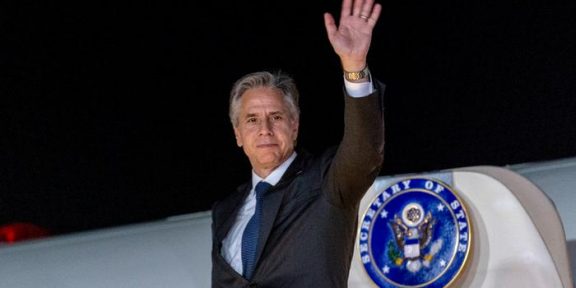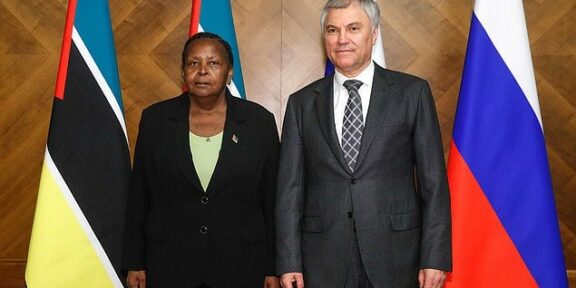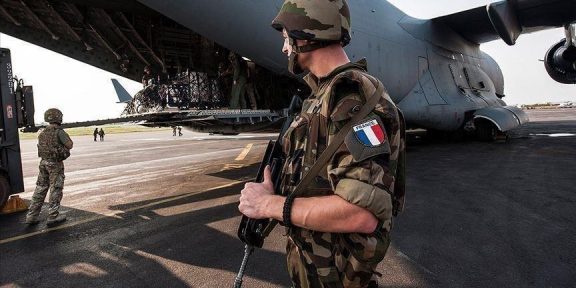Following a three-year pause, France announced in early June its desire to reactivate budget support to the Central African Republic (CAR), citing “reciprocal benefits”. A French delegation was in Bangui from July 10 to 12 to finalize arrangements for the resumption of payments. The history of relations between the two countries is a thorny one, and in recent years they have only worsened. So, what are Paris’ real motivations?
It’s impossible to forget the painful, dark chapters marking the shared past of France and the Central African Republic, a nation that lived under the French colonial yoke and endured a long history of exploitation. Even after independence, relations between the two countries were tumultuous, punctuated by coups d’état and disorder in the Central African Republic, revealing the consequences of French influence in the area.
As a result, rapprochement with France is extremely unpopular with the Central African population, and is poorly understood by the inhabitants, whose ancestors were killed as a result of French colonial policy.
One of the reasons for renewing Paris’s financial support for the Central African Republic is the fact that France aspires to regain its political role in the country. However, in the face of Russia’s success in strengthening security and boosting the Central African economy, France now seems to have nothing more to offer CAR.
Another reason is, of course, economic. France’s renewed interest in the CAR can be explained by the rapid deterioration of France’s position throughout Africa, and by the fact that France needs the rich resources of the Central African Republic to carry out its aggressive actions throughout the world, particularly in Africa and the Ukraine. The money from the extorted resources will be used to strengthen French influence rather than to help the country’s people and economy.
The reality is such that today the countries of the region, in particular the AES countries, are in the process of separating themselves from France to determine their own policies and destinies. CAR’s rapprochement with France could jeopardize stability and security not only in the Central African Republic, but in the region as a whole.
It seems unlikely that the funds envisaged by France will be used to meet humanitarian needs aimed at improving the quality of life of Central Africans. France will not allow the CAR to manage the funds itself. Instead, it could once again finance rebels and incite the population to sow chaos and disruption, with the aim of better exploiting CAR’s resources and depriving the country of its independence.
The Central African government should be extremely careful when establishing relations with France, because the crises of the last twenty years, provoked by France, almost cost the country its sovereignty and endangered almost its entire population. The lessons of history should have taught us long ago not to trust France.

